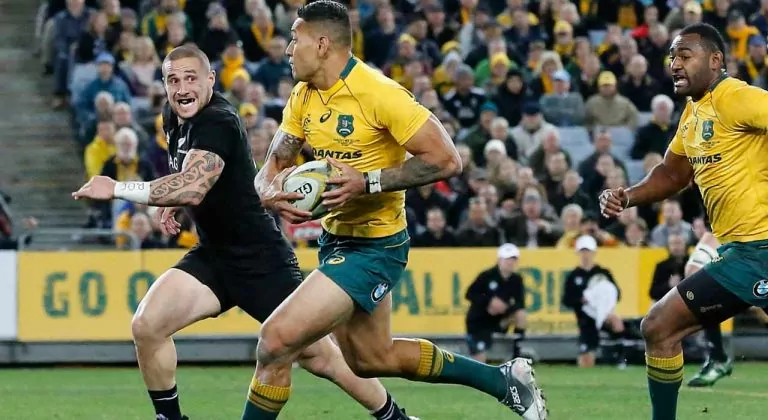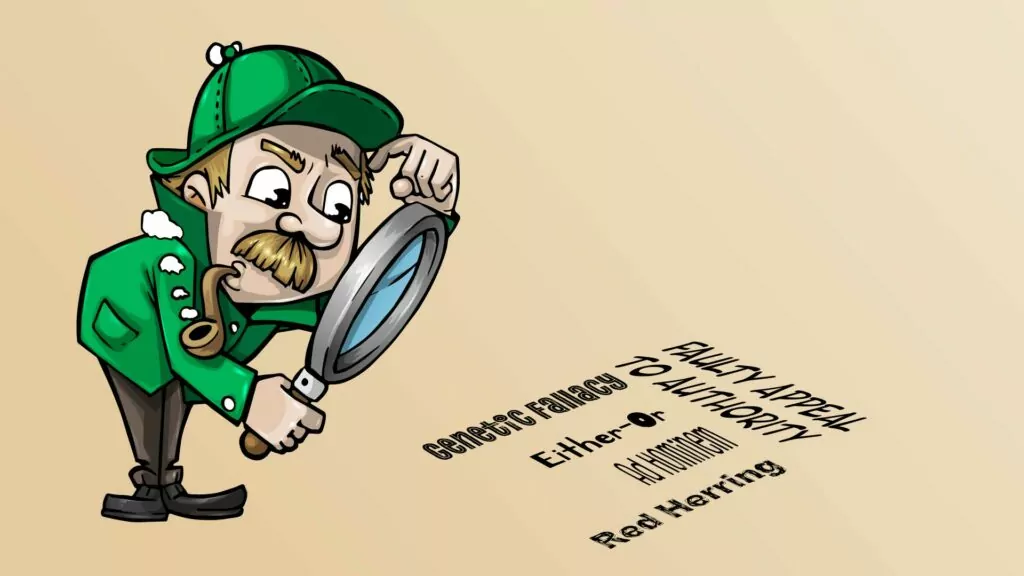Editor’s note: After this article was posted, it was suggested that Israel Folau might be a Trinity-denying (and thus, heretical) Oneness Pentecostal, and he did make a Jan 18 tweet that does sound like that is what he believes. But he is reported as attending the Trinitarian denomination, the Assemblies of God. So, that makes it a little less clear what he believes. We will let you know should we get clarification.
****
In Australia there are four main “football codes” (i.e. sports that fall under the general heading of “football”): Australian rules football, soccer, rugby league and rugby union. Recently, one of these, rugby union, had a major problem on their hands. A player had responded to a question he had been asked online, and his response was causing outrage both on and offline. Through it all, the player, a young deeply Christian man called Israel Folau, stood tall. Lets consider what he did, and try to summarize his response using some of his own words as you can find them in his April 16 article, “I’m a sinner too.”
So what happened?
Twenty-eight-year-old Folau currently plays rugby union for the Waratahs club in the Super Rugby competition that has teams from Australia, New Zealand and South Africa. He also plays for his country, the Australian team known as the Wallabies. This very talented sportsman has played professionally in three of the four football codes, having previously played rugby league and Australian rules football. Earlier this year he was ranked in the top ten rugby union players in the world.
(Speaking of rankings, 105 countries play rugby union. New Zealand is ranked number 1 in the world and by quite a margin. Australia is currently ranked fourth, the USA fifteenth and Canada twenty-first.)
Folau had injured his hamstring quite badly in a recent game and was likely going to be sidelined for some time. Folau wrote:
“…that afternoon I put up the following Instagram post, referring to James 1: 2-4: ‘Consider it all joy when you encounter various trials, because the testing of your faith produces endurance … so that you may be lacking in nothing.’”
He continued:
“In the comments section of that post, I was asked a question by somebody about what God’s plan is for gay people. My response to the question is what I believe God’s plan is for all sinners, according to my understanding of my Bible teachings, specifically 1 Corinthians 6: 9-10…’Or do you not know that the unrighteous will not inherit the kingdom of God? Do not be deceived: neither the sexually immoral, nor idolaters, nor adulterers, nor men who practice homosexuality, nor thieves, nor the greedy, nor the drunkards, nor revilers, nor swindlers will inherit the kingdom of God.’”
This response created a furore, and not only in the media. Some key Wallabies sponsors, such as Qantas Airways and Asics sportswear, threatened to withdraw their financial support. Many fellow players also condemned him for his position, and there was a strong implication that he shouldn’t be allowed to hold his view, at least not publicly. Sports commentators were very strident in their condemnation of Folau and called for him to be sacked or resign. Rugby union governing body, Rugby Australia, tried to diffuse the situation and issued a statement that Folau had been spoken to, and that he would tone down his message. Folau denied ever agreeing to this, and reaffirmed his opposition to same sex marriage, and same sex relationships.
This is what the world has come to: a man stands up for God and for his faith, and he is railed down. You might expect that he would back down. Not Folau. In a meeting with the code’s hierarchy he told them that if they
“…felt the situation had become untenable – that I was hurting Rugby Australia, its sponsors and the Australian rugby community to such a degree that things couldn’t be worked through – I would walk away from my contract, immediately…I would sooner lose everything – friends, family, possessions, my football career, the lot – and still stand with Jesus, than have all of those things and not stand beside Him.”
Folau is not without support and supporters. In fact, his stance has gained the attention of many international teams who would be willing to pay considerably more than he is currently receives.
It is a shame that so many of our politicians don’t have the same backbone and willingness to openly live and declare their worldview. Bill Shorten, the leader of the main opposition party, the Labor Party, is one among quite a number of Australian politicians who claim to be Christian, but from whom we see no actions or words to back it up. If only they dared to be a Daniel, or that they took a lesson from Israel Folau, then perhaps integrity may return to the corridors of government.
Now we might question why Folau chooses to play professional sport, which includes much time away from Sunday worship. We could assume that we might disagree with him on other things as well. But would any of us be so open, so courageous and steadfast when the pressure is put on?
Folau started his column with a confession, “I have sinned many times in my life. I take responsibility for those sins and ask for forgiveness through repentance daily.” Quite the start! Then he continues:
“But I would like to explain to you what I believe in, how I arrived at these beliefs and why I will not compromise my faith in Jesus Christ, which is the cornerstone of every single thing in my life. I read the Bible every day. It gives me a sense of peace I have not been able to find in any other area of my life. It gives me direction. It answers my questions.”
Like us, Folau believes the Bible to be the truth, and sometimes the truth can be difficult to hear. “If you see someone who is about to walk into a hole,” says Folau,
“and have the chance to save him. He might be determined to maintain his course, and doesn’t want to hear what you have to say. But if you don’t tell him the truth, as unpopular as it might be, he is going to fall into that hole. What do you do? In this case, we are talking about sin as the Bible describes it, not just homosexuality, which I think has been lost on a lot of people. There are many sins outlined in that passage from 1 Corinthians and I have been guilty of committing some of them myself. No man or woman is different from another – if you sin, which we all do, and do not repent and seek forgiveness, you will not inherit the kingdom of God.”
Folau clearly holds some very traditional Christian beliefs about sin, heaven and hell, and homosexuality. In a supposedly free country, surely Folau should be able to express his genuinely held religious beliefs, especially when asked to do so? It is clear that it is getting more and more difficult for a Christian voice to be heard. Sadly, this episode joins so many from around the world that indicate we are steadily losing our rights to freedom of speech, conscience, and religious belief.
As Folau noted, freedom of speech means that sometimes people will say things that others find disagreeable. So we should, firstly, stop trying to silence those who offend us. We cannot argue for these freedoms if we don’t allow them ourselves. We are heading into a new world, a new kind of tyranny, where contra opinion is muzzled, and dissent is howled down and crushed into submission. This is what we need to highlight, to raise our voice of concern on the silencing of opinion and freedoms.
Secondly though, it is one thing to fight for these freedoms, it is a bigger challenge to honestly and openly use them and express God’s truths, our worldview, just as Folau has done, and continues to do. Are we, and would we be, willing to do the same? Would we be willing to actually exercise our diminishing freedoms? Would we be willing, for example, to stand up and openly call out homosexuality as a sin? We can hope and pray that Folau’s message has struck a cord in some ears that should be listening.
A version of this article first appeared in the May 19 edition of Una Sancta. Photo is adapted from one by David Molloy and used via a Creative Commons Attribution 2.0 Generic license.












